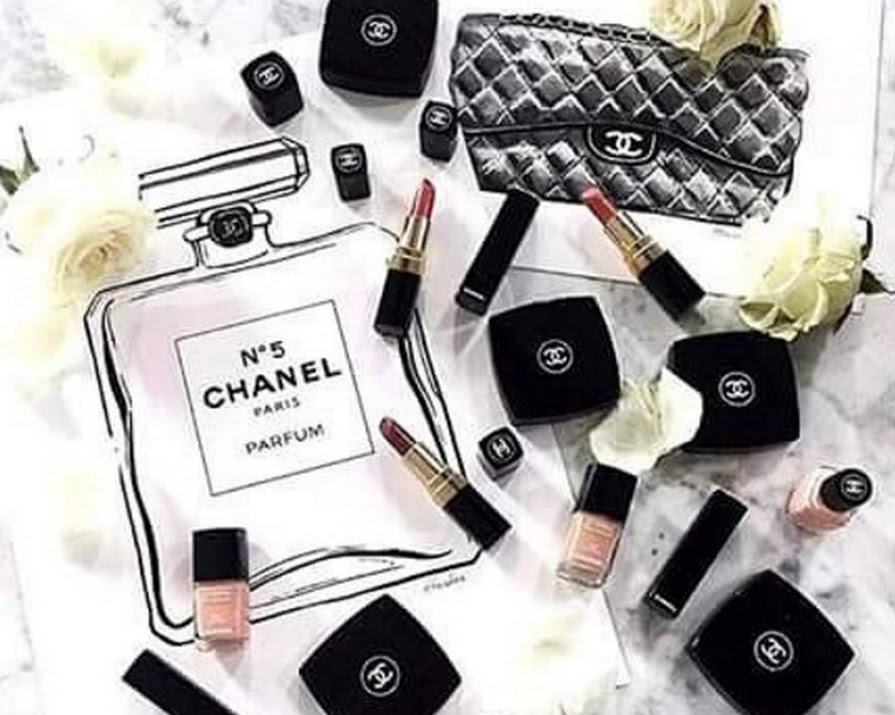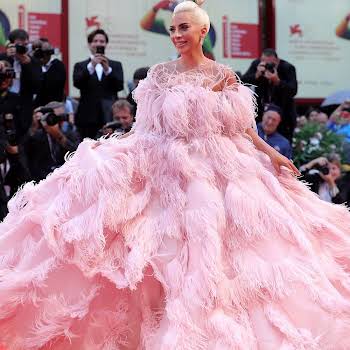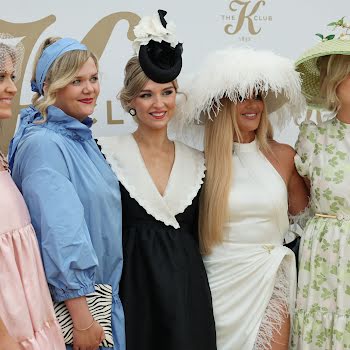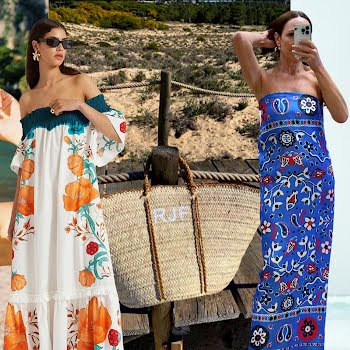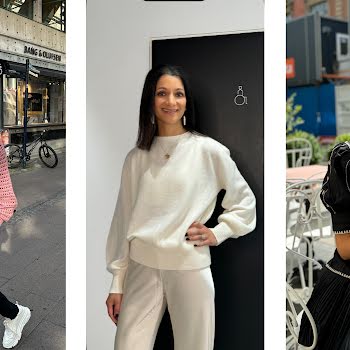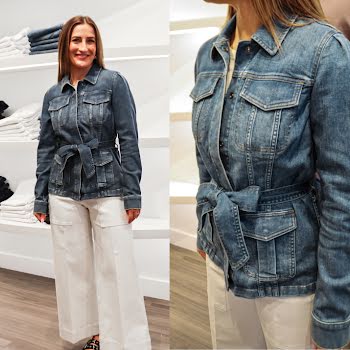
By Jennifer McShane
21st Dec 2015
21st Dec 2015
If you’re banking on impressing that special someone in your life with a luxury label name this Christmas, you might want to rethink your gifting strategy, as a new study says that this generation of millennials will no longer be swayed by the power of big-name branding. Today,?consumers increasingly prefer clothing without labels or logos, according to a recent report.
Exclusivity just won’t cut it anymore, as the study said that modern consumers are opting for “practicality and functionality” over big name brands, perhaps explaining why Balmain’s recent H&M collaboration went down a storm; here you have a designer name, which in this case is largely suitable for everyday wear and available for a fraction of the price. This also means high street favourites such as our beloved Penneys and Zara will remain two of our favourite go to brands for the foreseeable future as paying a premium for a brand name is low on the list of priorities for the 18-34 year age group. It makes sense, though. We’re coming through a recession where jobs were less than plentiful, so millennials haven’t got a massive amount of disposable income; their priorities now include paying off student loans or using their funds to gain footing in a new job as opposed to splurging on a Chanel bag.
This means that retailers have had to adapt and rethink their marketing strategies to appeal to shoppers, with some already doing this successfully. Abercrombie & Fitch (A&F) recently banned the loud, logo-emblazoned “A&F” sweatshirts and hoodies it was once known for and Michael Kors has also changed the aesthetic of its handbags to include fewer “MK” logos. This, however, is also tough for those who banked on their brands alone being the driving force to reel customers in (A&F used this tactic at the height of popularity, especially after their clothing was worn by celebrities).
Over 500 “college fashionistas” were surveyed and ultimately their focus is on getting value for money over a big designer name. “Millennials love brands that are useful – and some of these brands have strong usefulness concerning their design and functionality, and they?also love things that are good value, off-the-beaten-path kind of stuff,” according to the report. This would explain why designer Kate Spade is now popular among those surveyed; she now?apparently’makes the most popular handbags, likely down to her subtle branding and miniature logo on her produce.
While this is great news for the Zara obsessed among us, is it wrong if yours truly still dearly yearns for a Chanel bag?
Via Business Insider











